At a time when websites are getting more complex, we need more sophisticated and advanced Web development tools. There are plenty of tools available and new ones are constantly being introduced. It’s up to you to choose the best options to meet your requirements.
This article lists 9 open-source Web development tools that I feel every Web developer should be aware of.
1. ReactJS
ReactJS is an open-source, declarative, and efficient JavaScript library for designing user interfaces. React has a data binding feature that makes it one of the most popular JavaScript libraries. ReactJS was developed by Facebook and written by software engineer, Jordan Walke. It is maintained by Facebook’s product infrastructure and Instagram’s user interface teams.
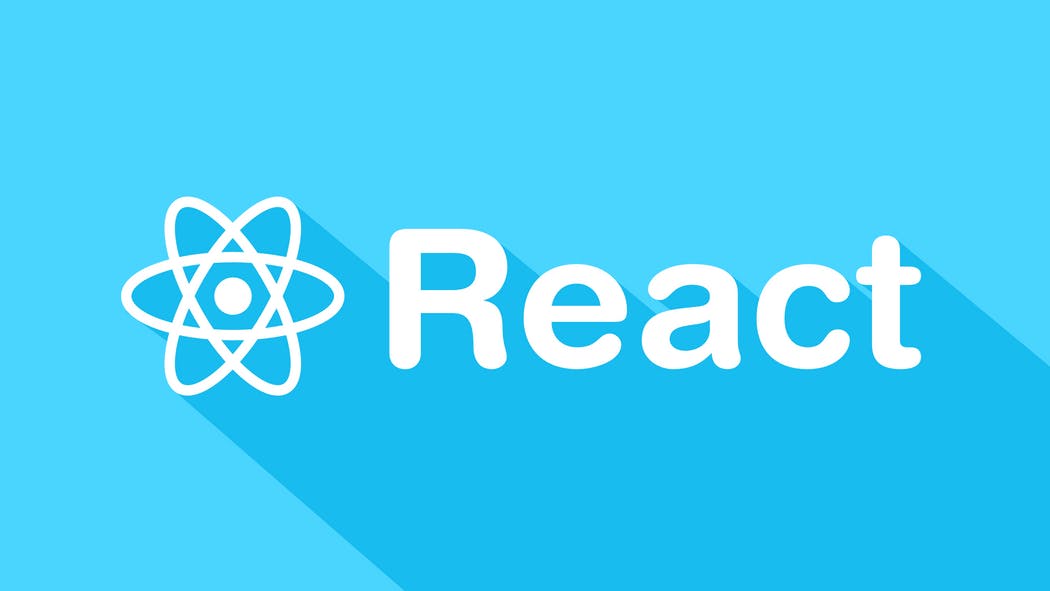
2. GitLab
GitLab is an open-source, web-based Git repository manager. It provides features like code reviews, access controls, issue tracking, activity feeds, and wikis. GitLab has continuous integration and deployment built in, to help you test, build and deploy code. GitLab was originally developed by GitLab Inc. It was written by Dmitry Zaporozhets and Valery Sizov.
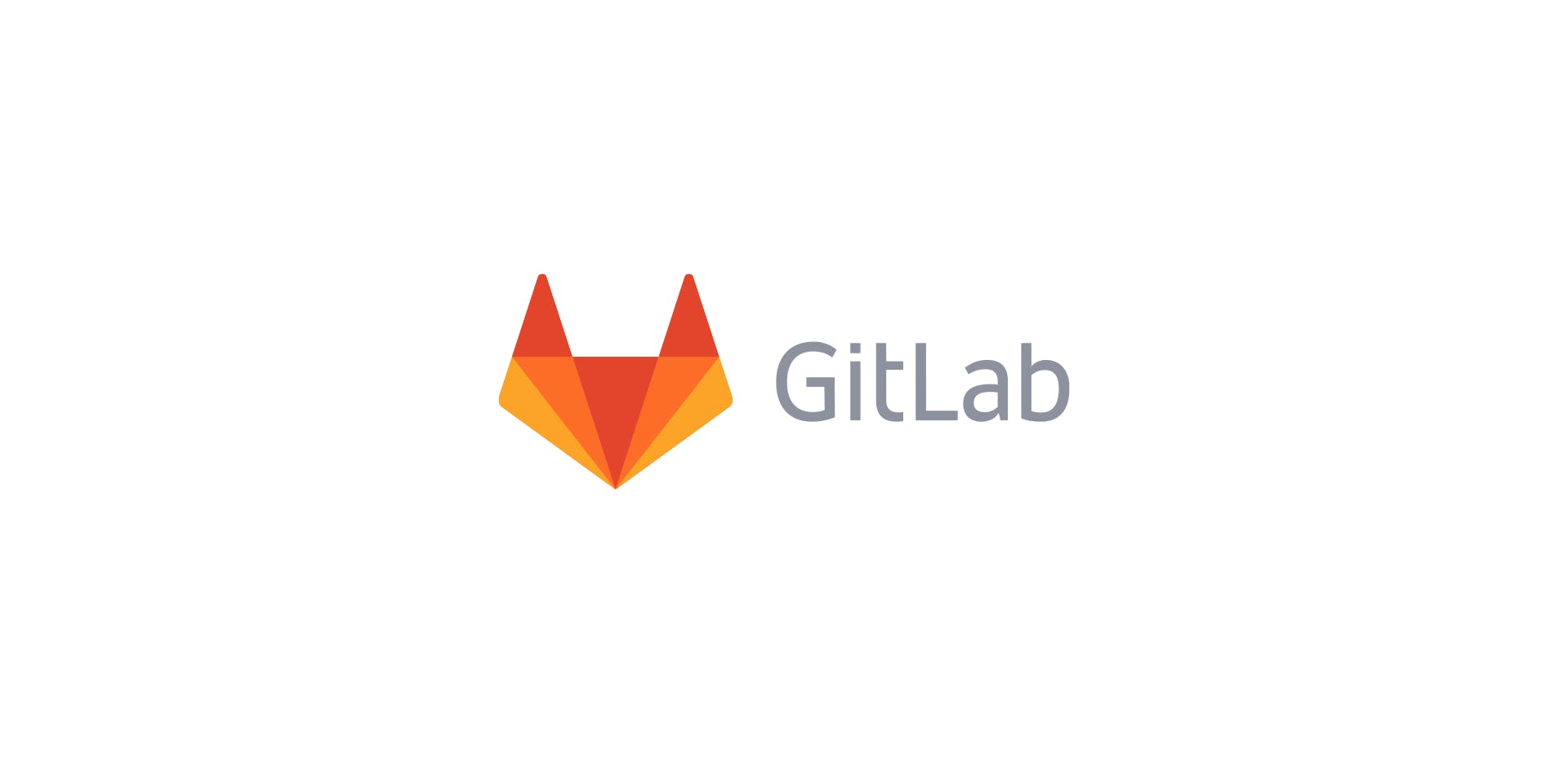
3.Syntactically Awesome Style Sheets (Sass)
Sass is a CSS pre-processor that helps in writing reusable, extensible, and maintainable code. Sass contains features that include variables, mixins, and the nesting of selectors, functions, and expressions. Using Sass, we can make large and complex style sheets easier to understand and maintain. It is an open-source style sheet language designed by Hampton Catlin.

4. Bower
Bower is an open-source package manager for Web applications. We need to install a lot of packages while building a website, which Bower helps in automatically fetching and installing. The main objective of Bower is not to minimise code, but to install the right version of the packages and their dependencies required for a project.

5. Gulp.js
Gulp is an open-source, powerful, and extensible JavaScript automation library, which prefers code over configuration. It is a streaming build tool built on Node.js. Gulp.js is used to automate Web development workflows like bundling, CSS pre-processors, compilation, testing, optimization, etc.

6. AngularJS
AngularJS is an open-source, structural framework for designing dynamic Web applications. It is one of the most popular JavaScript-based frameworks available today. Angular is designed to work well with data-driven applications for which you need to keep updating your site, depending on the changes in data. AngularJS was designed by a Google employee, Misko Hevery, in June 2012.
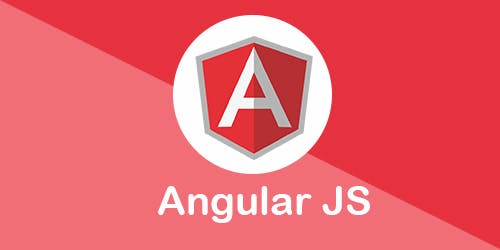
7. Bootstrap
Bootstrap is an open-source framework based on HTML, CSS, and JavaScript. It is the most popular and widely used framework for developing responsive Web applications and is designed to produce faster and simpler websites. Bootstrap was first designed by Mark Otto and Jacob Thornton in 2011.
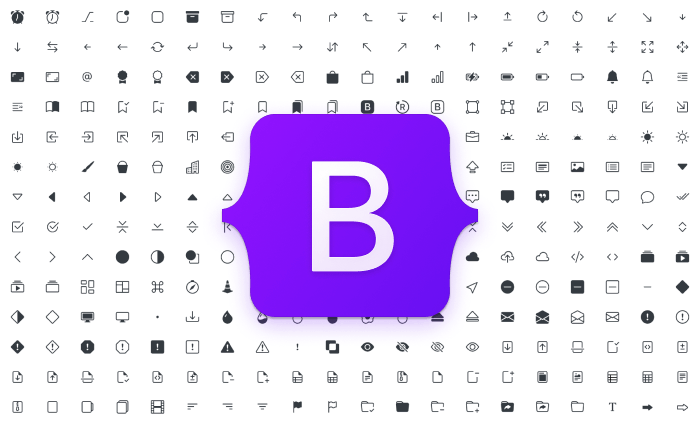
8. Node.js
Node is an open-source, multi-platform, JavaScript run-time built around a Chrome V8 engine for developing a variety of Web applications. The Chrome V8 engine was designed to run JavaScript in the browser. Node has an event-driven, non-blocking I/O model, which makes it lightweight and efficient. Node.js was initially written by Ryan Dahl in 2009. The initial release supported only Linux.
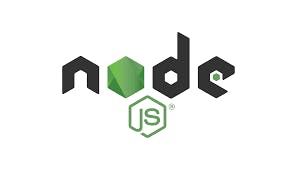
9. Brackets
Brackets is an open-source, lightweight, and modern text editor. It is a platform-independent editor with a focus on Web development. It was designed by Adobe Systems and is licensed under the MIT license. It is written in HTML, CSS, and JavaScript.
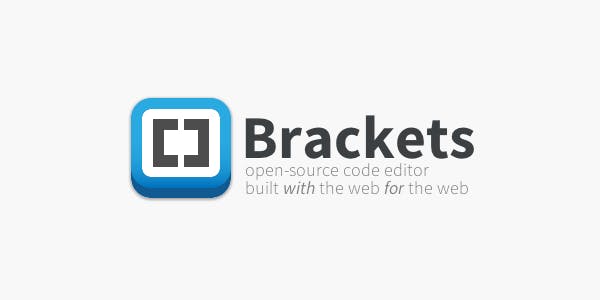
Thank you for reading🤗 If you have come this far, don't forget to follow & react to this blog.
If you ❤️ My Content! Connect with me on Twitter (abhinav_jha07)
Show your support by buying me a coffee
My other digital presence:
Mail: x3vgi9xr@duck.com
GitHub: akj0712
LinkedIn: abhinavjha07
Telegram: abhinav_kumar_jha
More Content at abhinavjha07.hashnode.dev/
Your feedback is more than welcome
